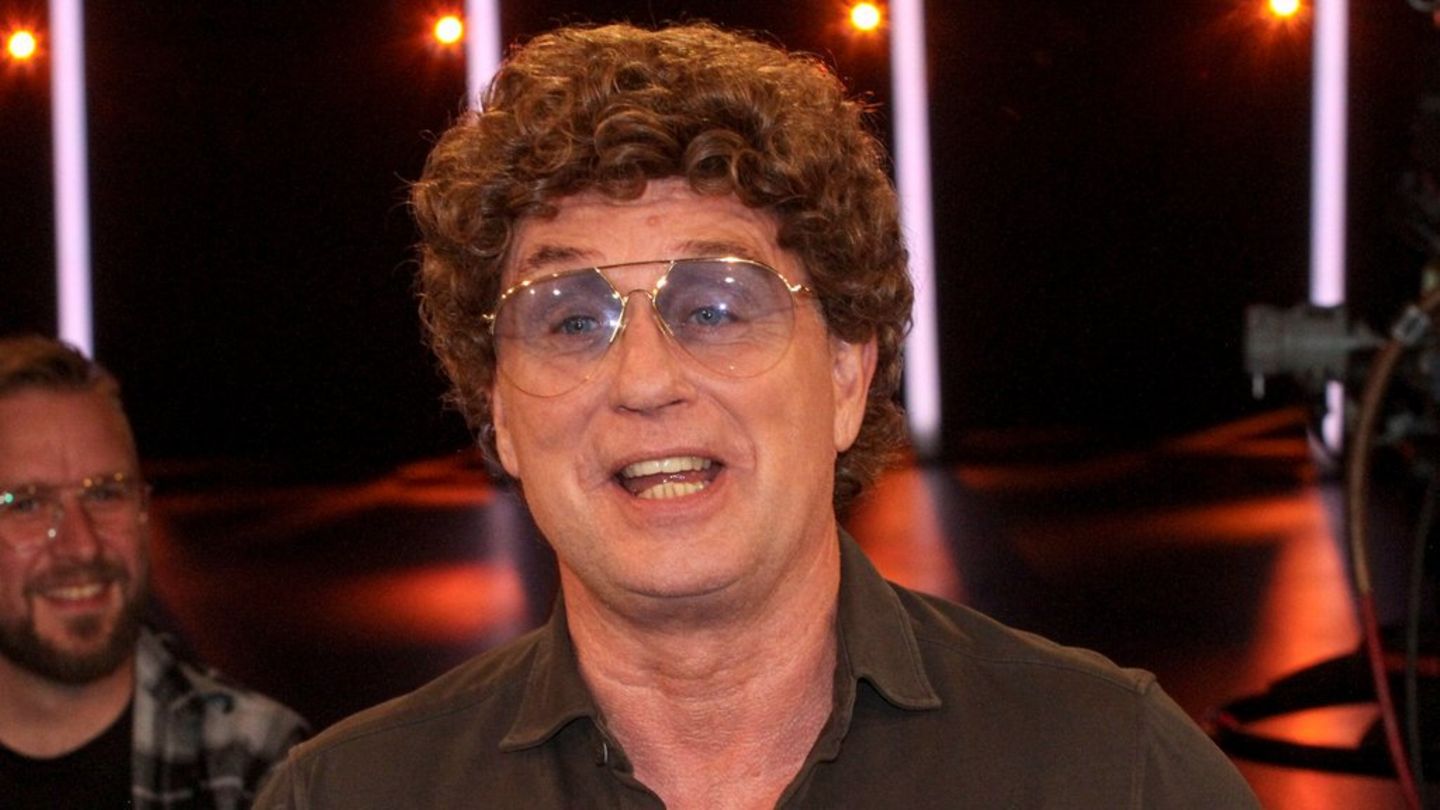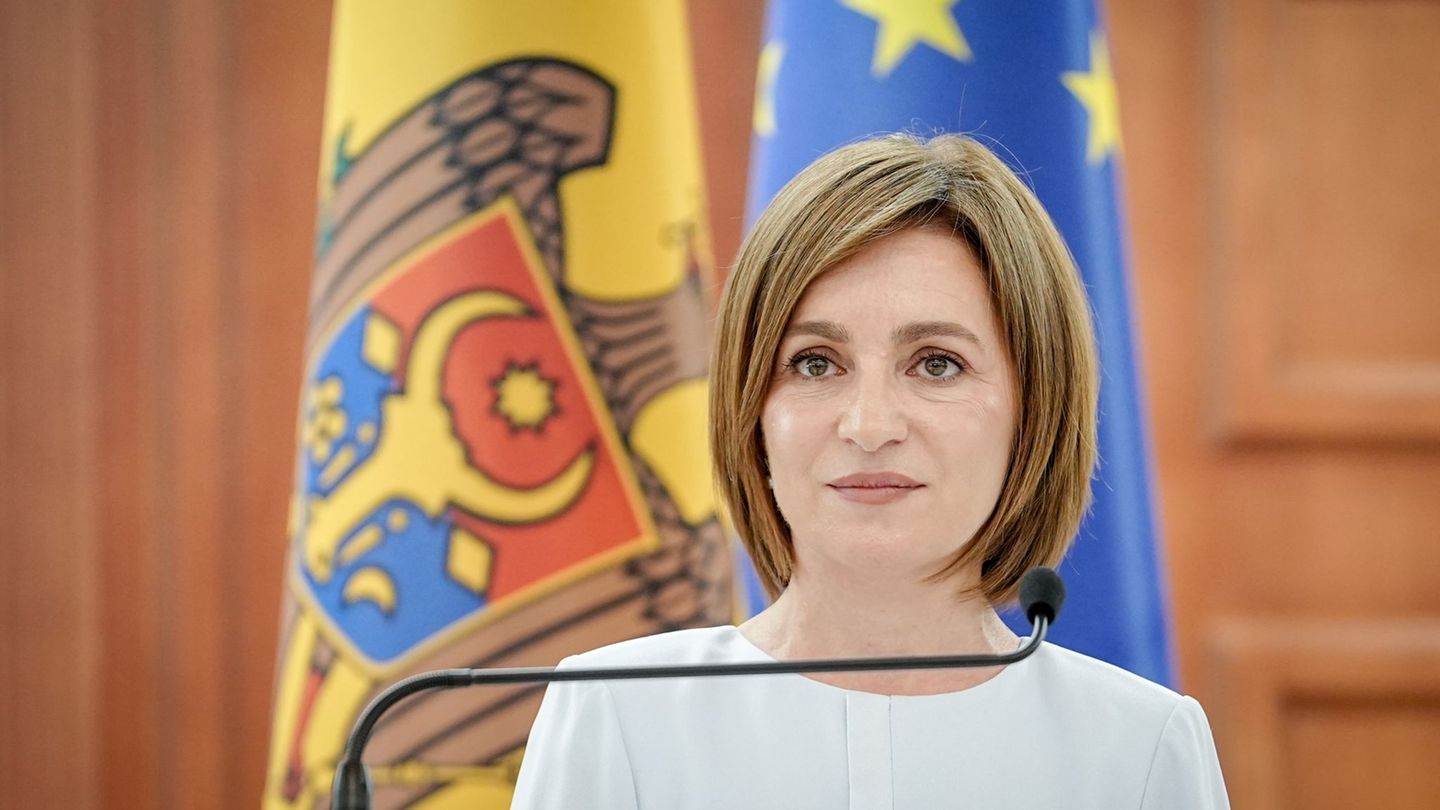The 79-year-old was taken to Estcourt prison in his home province of KwaZulu-Natal, the prison authorities said on Thursday. Zuma was sentenced to the sentence by the Constitutional Court for disregarding the judiciary at the end of June. Many South Africans hailed the detention as a success for the rule of law in the country.
In spite of court summons, Zuma repeatedly stayed away from the hearings of an anti-corruption commission investigating corruption allegations from his nine-year term in office. According to the judgment of the Constitutional Court, Zuma should actually start his prison sentence on Sunday.
The ex-president, who had been imprisoned on the prisoner island Robben Island for more than ten years during apartheid, refused and said on Sunday that he did not consider it necessary “that I go to prison today”. If he had not gone to prison by midnight on Wednesday, he would have been threatened with arrest by the police.
Shortly before the deadline, a car convoy left Zuma’s property, apparently with the ex-president. The move was “not an admission of guilt,” emphasized Zuma’s spokesman Mzwanele Manyi. The ex-president will not be available for a while.
It is the first time a former president has been jailed in South Africa since the end of apartheid. According to Justice Minister Ronald Lamola, Zuma’s detention can only be suspended after four months at the earliest. The ex-president was treated with dignity, but “no special treatment,” said the minister in front of the prison.
Anti-corruption activist Thuli Madonsela welcomed the arrest. This is a “glorious day that proves that the rule of law wins,” she told a TV station. If Zuma had been able to resist his sentence, “it would have been a shock to the system”.
The ruling party ANC described Zuma’s imprisonment as a victory for the “rule of law and the independence of the judiciary”. The drama surrounding Zuma’s imprisonment divides the party into two camps, as the ex-president still enjoys support there.
The opposition Democratic Alliance party declared that no one should “mock and challenge the law with impunity”. The conviction for disregarding the judiciary had not yet dealt with the extensive corruption, fraud, dark machinations and money laundering during Zuma’s presidency.
The Nelson Mandela Foundation said Zuma’s legal strategy was that of “obfuscation and delay” and an attempt to “obscure our judicial processes.” Imprisonment is not the end of the road, “just another phase of a long and arduous journey.” Zuma and his supporters would have to be held responsible for everything, “demanded the foundation.
Since Zuma cannot appeal the judgment, the ex-president applied for the court decision to be annulled last week. On Saturday, the court decided to review the verdict in a hearing next Monday.
Numerous South African celebrities, including actors, had also emphasized the importance of Zuma’s imprisonment in the past few days. “Nobody is above the law” was a phrase that was heard frequently on television.
Zuma came to power in 2009 as a beacon of hope for the poor. But he gambled away all credibility with a series of corruption scandals. In 2016 the Constitutional Court accused him of violating the constitution because he had a private residence refurbished for the equivalent of around 22 million euros at taxpayers’ expense. There are also allegations of corruption in connection with the influential Gupta family. At the beginning of 2018, the scandalous president preceded his dismissal with his resignation.
Even today, the shrewd tactician has a network of loyal supporters in the ANC. Because Zuma was an important figure in the fight against the white apartheid regime. Hundreds of his supporters camped in his home town of Nkandla in the past few weeks to demonstrate their solidarity.




